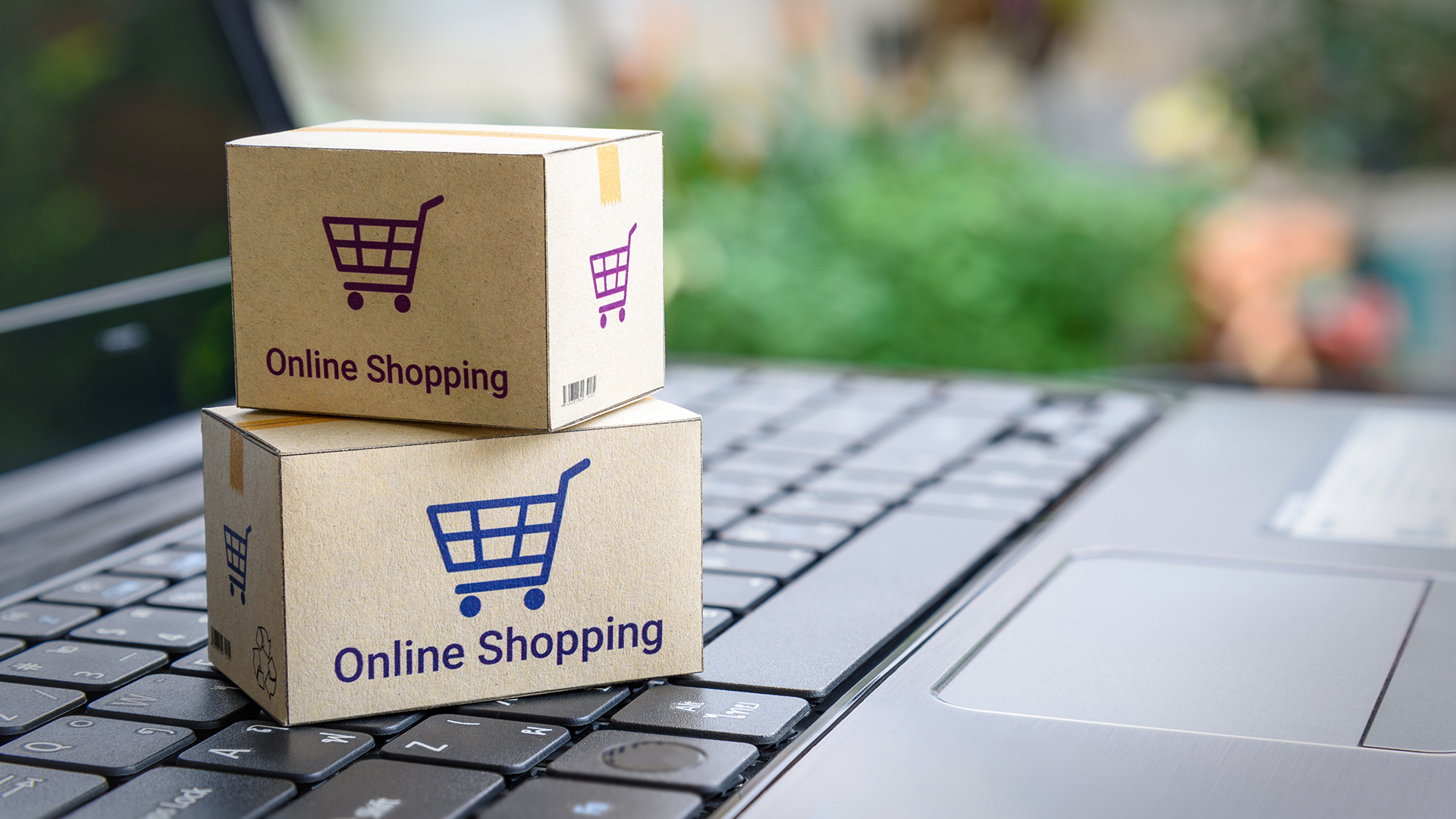What 2024 Taught Us About the Future of eCommerce
- 12 December 2024
- 7 min to read
- 512 views

The world of eCommerce is constantly evolving, but 2024 has been a year of significant transformation. From shifts in consumer behavior to the integration of cutting-edge technologies, the eCommerce landscape is redefining how businesses operate and connect with customers. As we reflect on the past year, several key takeaways have emerged that will shape the future of online retail.
AI-Driven Personalization
Personalization has been a buzzword in eCommerce for years, but in 2024, artificial intelligence (AI) took it to an entirely new level. Retailers leveraged AI to create hyper-personalized shopping experiences, from product recommendations to tailored marketing messages. AI-driven chatbots and virtual shopping assistants provided instant support, increasing customer satisfaction and conversion rates.
Customers will expect highly tailored experiences at every stage of their shopping journey.
Sustainable eCommerce
Sustainability became a key driver of consumer decision-making in 2024. Brands that embraced eco-friendly practices saw increased customer loyalty and higher sales. From biodegradable packaging to carbon-neutral shipping, sustainability efforts went from being a differentiator to a necessity.
Companies that fail to prioritize sustainability risk losing out on a growing segment of environmentally conscious consumers.
The Expansion of Cross-Border Shopping
Cross-border eCommerce surged in 2024 as consumers sought unique products and better deals from international sellers. Advances in logistics and shipping technologies, along with streamlined customs processes, made it easier for retailers to tap into global markets.
Retailers must prepare for a more globalized eCommerce market. Offering localized payment options, multilingual support, and transparent shipping fees will be crucial to staying competitive.
The Role of Social Commerce
Social media platforms solidified their position as shopping hubs. In 2024, platforms like Instagram, TikTok, and Facebook became virtual storefronts where users could browse, discover, and purchase products directly within the app. Shoppable videos, influencer partnerships, and live shopping events became mainstream.
Retailers need to integrate social shopping features into their business models to meet customers where they are spending most of their online time.
The Evolution of Payment Methods
Digital wallets, "buy now, pay later" (BNPL) options, and cryptocurrency payments gained momentum in 2024. Customers demanded more flexibility in how they pay, and businesses that offered diverse payment options saw higher cart conversion rates.
Offering multiple payment options is essential for boosting conversions and enhancing the customer experience.
The Emphasis on Data Privacy and Security
With the rise in cyber threats, eCommerce platforms prioritized data privacy and security in 2024. Businesses adopted stricter data protection measures and improved transparency regarding how customer data is collected and used.
Trust is the currency of eCommerce. Retailers must build customer trust by prioritizing privacy, obtaining explicit consent for data use, and being transparent about their practices.
Omnichannel Integration
Omnichannel retailing became more critical in 2024 as customers expected seamless shopping experiences across online and offline channels. Brands that linked physical stores with their online presence created a unified experience that drove higher customer satisfaction and brand loyalty.
Providing options like "buy online, pick up in-store" (BOPIS) and synchronized customer service across channels is now a competitive advantage.
The Push for Faster Delivery and Fulfillment
Customer expectations for fast shipping reached an all-time high in 2024. Retailers adopted micro-fulfillment centers, drone deliveries, and same-day shipping to meet demand. Fulfillment speed became a make-or-break factor for customer satisfaction.
Investing in faster shipping and smarter fulfillment strategies will be essential for customer retention and repeat business.
Embracing Change for 2025 and Beyond
The events of 2024 have set the stage for the future of eCommerce. Businesses that embrace AI-driven personalization, prioritize sustainability, expand cross-border capabilities, and invest in new payment and fulfillment options will be well-positioned to succeed in 2025 and beyond. As consumer expectations continue to rise, eCommerce leaders must stay agile and ready to adapt to the next wave of industry transformation.




